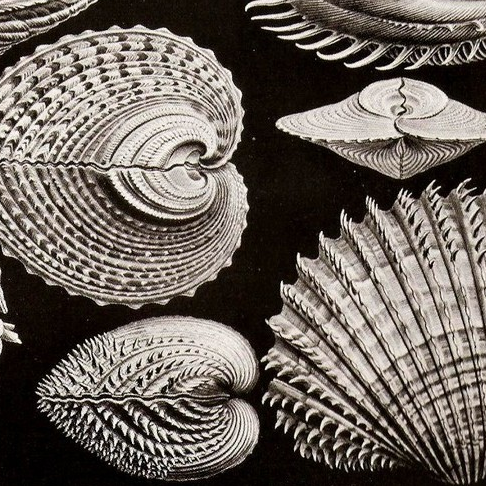Maura Burke

Maura Cassidy Burke is a PhD Candidate in the Freudenthal Institute of Utrecht University where she studies the philosophy of science and the foundations of open science. As the Editor in Chief of the Journal of Trial and Error and an Executive at the Center of Trial and Error, Maura has long been passionate about the communication of academic information. She looks forward to helping the editors and authors continue to grow and develop Shells and Pebbles in the coming years.
Luca Forgiarini

Luca Forgiarini is a PhD Candidate in the history and philosophy of science at Utrecht University. His research focusses on the history of international scientific cooperation in Europe in the second half of the twentieth century. He is particularly interested in how scientific organisations like CERN and ESA relate to the political context of European integration, and the wider pro-European sentiment of the time. As an editor of Shells and Pebbles, Luca is excited to help foster a lively platform for the history of science and the humanities community both at home and abroad.
Marieke Gelderblom

Marieke Gelderblom is working on a PhD in the history of statistical graphics at the Freudenthal Institute at Utrecht University. She is investigating why graphics were so widely embraced and how they became so deeply embedded in nineteenth-century Dutch society. Prior to her PhD, Marieke studied History and Philosophy of Science at Utrecht University, with a specialisation in Science Communication at Leiden University. Her background is in Artificial Intelligence and Mathematics. By combining these fields, she hopes to find out why numbers and mathematical structures are so helpful for understanding our world. She enjoys thinking, talking and teaching about the history of science and sees Shells and Pebbles as a platform to collect and share these fascinating stories.
Elian Schure

Elian Schure is a PhD candidate specializing in the history and philosophy of the life sciences at Utrecht University. She works on the conceptualization of race/ ethnicity in microbiome research in South Africa. Her main focus in this project is on the role that race plays in biological research, and how scientists can communicate about race/ethnicity in a productive way that does not rely on stereotypes. As an editor of Shells and Pebbles, she hopes to be able to contribute to the publication of many interesting topics in the history of the life sciences.
David Skogerboe

David Skogerboe is a PhD Candidate at Utrecht University who specializes in the history of the twentieth-century ‘Space Age’ in its cultural and social contexts. As a researcher within the Freudenthal Institute, David focuses on the intersection of space history and science communication as it relates to imagining the future, and the impact such imaginings have on the development, implementation, and utilization of sociotechnical space technologies. He is eager to help ensure Shells and Pebbles serves as a mechanism for growing and uniting the history of science and humanities community.
